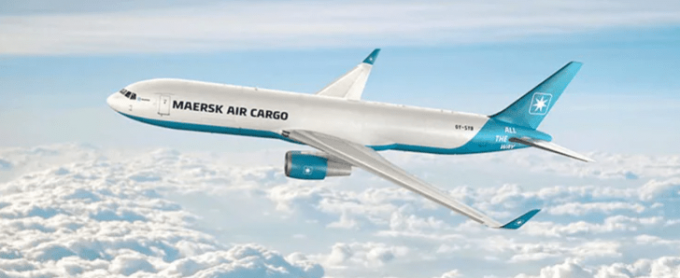Streamlining the world’s second-busiest shipping lane – Port Klang and the Malaysian Maritime Single Window
“Kale Logistics Solutions Ship Clearance System has been a game-changer for Port Klang. Transitioning from ...

Billund Airport, home to Maersk’s new air freight operation, is set to see flights from Virgin Atlantic Cargo from next month – but the airport has decided not to introduce a community systems (CCS) until volumes have grown.
From August 3 Virgin will pick up Danish and Scandinavian e-commerce shipments from Billund, which were previously trucked around Europe.
“We will be targeting urgent pharmaceutical, automotive and perishable cargoes destined for the USA, Africa, Israel and the Indian Subcontinent,” said Steve Buckerfield, head ...
'Disastrous' DSV-Schenker merger would 'disrupt European haulage market'
New senior management for DSV as it readies for DB Schenker takeover
Volumes set to 'fall off a cliff' as US firms hit the brakes on sourcing and bookings
Asian exporters scramble for ships and boxes to beat 90-day tariff pause
Temporary tariff relief brings on early transpacific peak season
Amazon pushes into LTL for small package fulfilment and UPS does a u-turn
Pre-tariff rush of goods from US to China sees air rates soar, but not for long
Forwarders 'allowing the fox into the chicken run' by supporting 'hungry' carriers

Comment on this article